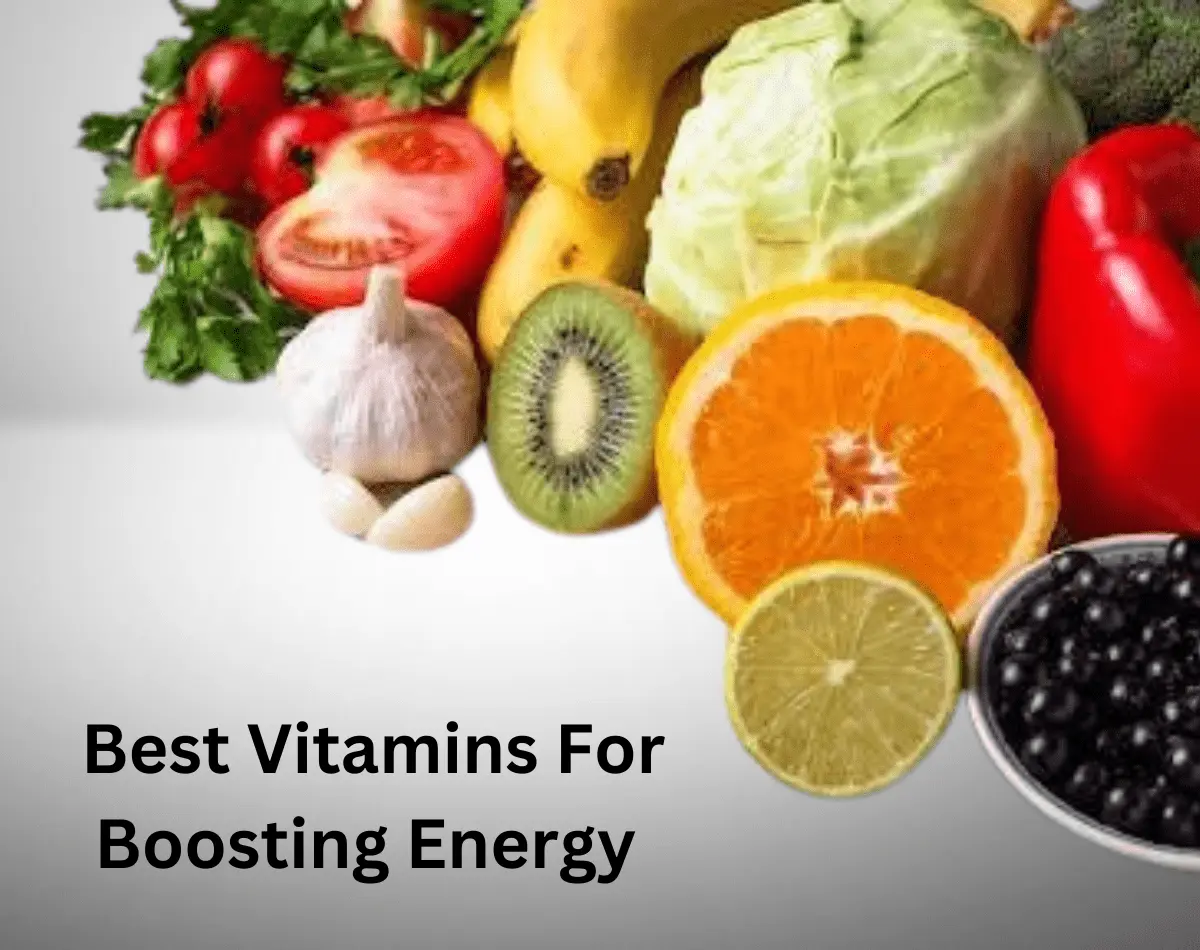With the increasing work and home pressures, people must be energetic to meet the challenges of the modern world. A realistic meal plan, daily exercise, and reasonable sleep are the foundation of maintaining energy, and so are vitamins. Vitamins are compounds that are required for the normal metabolism of nutrients in the body of an organism. Below are some of the highly recommended vitamins that can help in energy enhancement and how they function. These are the best vitamins for boosting energy in our daily lives.
These are some best vitamins for boosting energy levels:
Vitamin B12
Vitamin B12, often referred to as cobalamin, is vital in the production of energy. It plays an important role in the breakdown of carbohydrates into glucose for use by the body as energy. B12 is also important in building muscles through the construction of red blood cells. That supplies oxygen to the muscles and other tissues, boosting energy production. B12 deficiency is known to cause one to be easily fatigued as well as weak. The B12-source foods include meat and products derived from animals. Such as dairy products, eggs, and cereals that are processed with B12. Specifically, for people who are vegetarians or vegans, it is recommended to take B12 supplements.
The 11 best vitamins and supplements
Vitamin B6
Pyridoxine, or Vitamin B6, is another vitamin that forms part of the B vitamin family. And has a role in energy metabolism. It enables the body to store energy from proteins, carbohydrates, and the like. Also, B6 plays a role in the synthesis of serotonin and dopamine. Both of which influence a person’s mood and energy levels. Poultry products such meals as chicken, turkey, salmon, and tuna are the most common foods. They are rich in B6, and vitamin B6 is also found in potatoes, chickpeas as well as bananas.
Vitamin B1
Thiamine, or vitamin B1, is rather important for the process of utilization of nutrients in the human body. Thiamine is instrumental in the metabolism of carbohydrates which are the chief source of food energy. B1 deficiency leads to a lack of energy, weakness, and sometimes even keel over and drop. Some of these include; whole grains, pork, and legumes.
Vitamin B2
Riboflavin, also known as vitamin B2. Plays an energy metabolic function by participating in the process of carbohydrate breakdown into adenosine triphosphate – ATP. Which is the molecule that stores and releases energy for use by the cells. It plays the role of breaking down proteins. For use in the formation of body tissues and breaking down fats to ensure. The body utilizes the foods that are consumed in the provision of energy. Some of the food sources include dairy products, eggs, green leafy vegetables, and nuts, which are rich sources of B2.
Vitamin B3
Vitamin B3 or niacin helps in the working of the digestive system, skin, and nerves. They take part in the oxidation of food substances through the assistance of enzymes during the process of metabolism. Niacin is available in meat, fish, poultry, and whole-grain foods.
Vitamin C
There is a lot of popularity of vitamin C as an immune booster. But it also contributes to the energy metabolism. It helps with digesting iron, a metal that people require for transferring oxygen to their body tissues. This then helps in minimizing fatigue which results in increased energy levels. Also, vitamin C plays the role of enzymes for the formation of carnitine. Which is critical for the transport of fatty acids into the mitochondria to get converted to energy. The foods that are high in vitamin C include oranges, climates, strawberries, bell peppers, and broccoli.
Vitamin D
The fat-soluble vitamin D is important for the production, maintenance, and remodeling of bone and muscle tissue. That is critical in supporting energy. It also assists in managing the immune system, and it aids in the organism’s capacity to combat fatigue levels. Vitamin D comes from the sunshine but can be also obtained through foods. With fortification, fish, especially fatty fish, and vitamin supplements.
Iron
Although not a vitamin, iron is an essential mineral that contributes to energy production among the body’s other functions. Iron is an element that is found in a portion of the hemoglobin which is a protein. That is found in red blood cells. That is charged with the task of circulating oxygen from the lungs to the rest of the body. Fats are needed to transport oxygen through the body; without iron, they can’t do this, and you are left exhausted. Sources of iron include red meat, beans, lentils, and cereals that are fortified with iron.
Conclusion
To remain energetic, keep the best vitamins for boosting energy. One needs to gain the energy vitamins in his or her diet. If they are not present in the recommended proportions one should take a supplement. Adjusting the variety of such nutrient sources should assist in maintaining the body and mind in good working condition. Thus enabling one to go about his or her business. It is thus advised that one should consult a healthcare provider. Before incorporating any new supplement into a diet for health enhancement.
